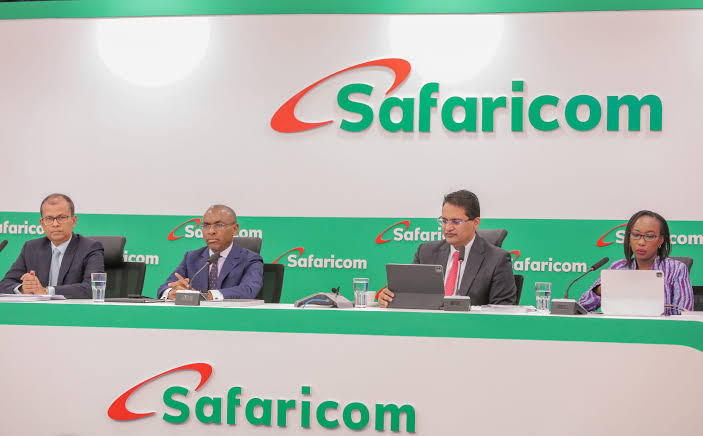Safaricom has suspended operations in Ethiopia’s Amhara region following the imposition of a 6-month state of emergency to control escalating conflict. The government ordered the emergency measures in response to intensified fighting between state security forces and Fana rebels. This shutdown will hamper Safaricom’s network expansion plans in Amhara and likely degrade service quality for customers in the area.
According to Safaricom Ethiopia Chairman Michael Joseph, “We cannot access the Amhara region and had to shut our sites down there.” He acknowledged Ethiopia as a challenging market, stating stability must take precedence over business interests given the difficulties of operating amid instability. The Amhara crisis follows the bitter 2-year Tigray war, which drew Amhara rebel factions into the fray.
Tensions rose in April when Ethiopia announced plans to withdraw forces from Amhara, sparking protests from Amhara nationalists who feared the move would leave them vulnerable to external attacks.
While the number of impacted sites is unclear, Joseph indicated the closures will substantially impact Safaricom’s growth plans in Ethiopia. Safaricom currently operates 1,272 sites across 22 cities in the country, with ambitious targets to reach 3,000 sites by 2024. However, its customer base of 2.1 million remains well below the projected 10 million users it hoped to acquire in that timeframe.
Beyond stifling network expansion, Safaricom’s Ethiopian operations have faced challenges since launching in 2021, recording losses of Sh22.1 billion in March 2022. Yet despite instability, Safaricom still intends to make its popular M-Pesa mobile money service available in Ethiopia after paying $84 million for a license in May.
M-Pesa holds an essentially monopoly-like position in Kenya’s mobile money market despite competition from services like Airtel Money. Its expected Ethiopian debut will shake up a segment currently dominated by state-backed incumbent provider Telebirr. Specific timelines are uncertain given the turmoil, but M-Pesa’s eventual launch could significantly disrupt the market.
Analysts believe Safaricom can leverage M-Pesa’s strong brand recognition and microloan offerings to gain traction in Ethiopia if it tailors its services appropriately. However, it may need to partner with local banks and wallets for interoperability and strategically distance M-Pesa from its Kenyan roots to assuage nationalist concerns. Adapting correctly despite instability, M-Pesa can drive financial inclusion in this fledgling market.
 We just launched our WhatsApp channel. Want to get the latest news from the Tech in Africa?
We just launched our WhatsApp channel. Want to get the latest news from the Tech in Africa?



